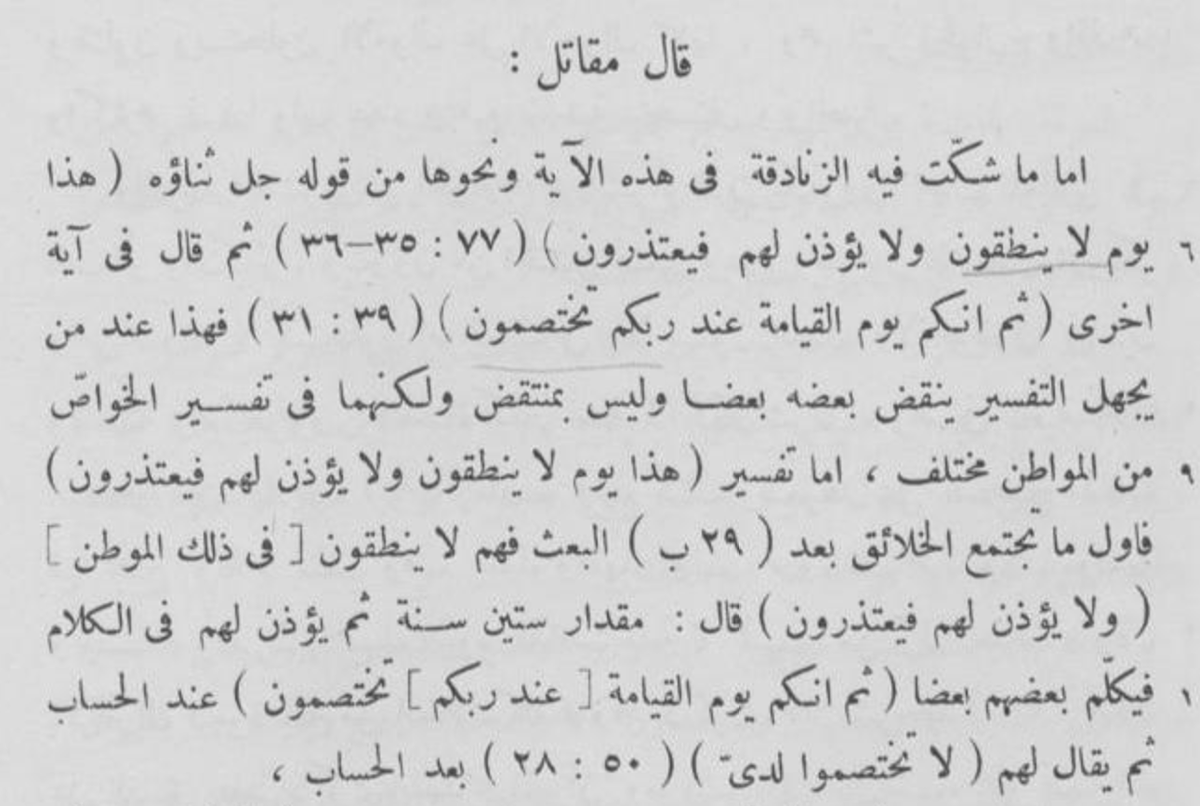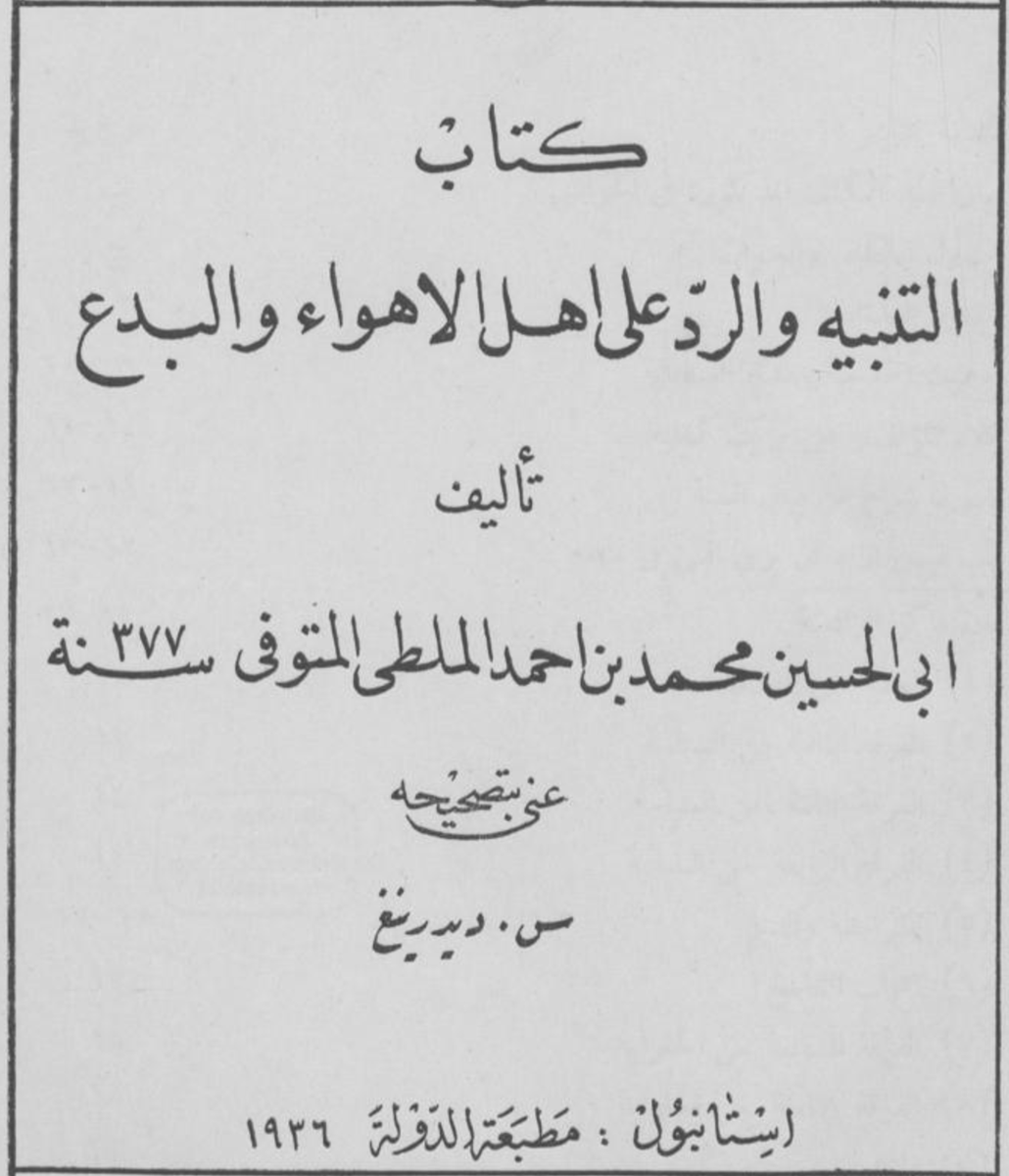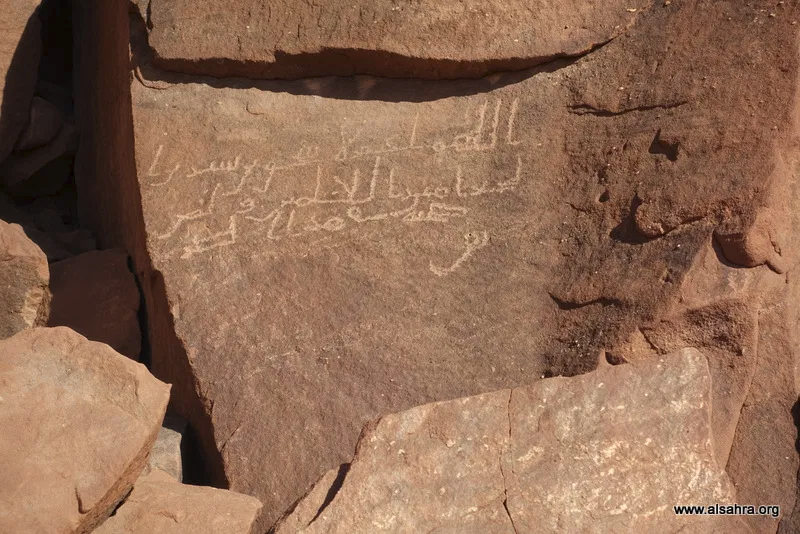
The 𝑚𝑖ℎ̣𝑛𝑎ℎ (“inquisition”) instituted by the caliph al-Maʾmūn in 833 CE is a common set piece of Abbasid history, esp. due to its exaltation of Ibn Ḥanbal as a hero of early Sunnism. Lesser known are the other 𝑚𝑖ℎ̣𝑛𝑎ℎs, such as Ghulām Khalīl's against the Ṣūfīs …
This later miḥnah was instigated by a scholar named Ghulām Khalīl (d. 275/888); he became a popular, charismatic preacher of Baghdad and, through his reputation for piety, curried favor with the mother of the Abbasid regent al-Muwaffaq. Through his patroness, named either...
Asḥar or Umm Isḥāq, he wielded considerable influence over Abbasid elites and the masses alike (at least according to the historian Ibn al-Aʿrābī). Word of “the vile teachings (𝑎𝑙-𝑠ℎ𝑎𝑛𝑎̄ʿ𝑎̄𝑡) ” of the Ṣūfīs of Baghdād reached Ghulām Khalīl and, ...
with the aid of his patroness who ordered the city’s muḥtasib to obey his orders, sought out over 70 individuals to imprison and question. Later scholars, like Qiwām al-Sunnah (d. 1140) and Ibn Taymiyyah (d. 1328), cal Ghulām Khalīl an acolyte (ṣāḥib) of Ibn Ḥanbal, but ...
this is likely incorrect, though he indeed celebrated Ibn Ḥanbal as the hero of Islam (فتى الإسلام) at the end of the miḥnah inaugurated by al-Maʾmūn. In any case, what about the Sufis did he object to? The 𝐾. 𝑎𝑙-𝐿𝑢𝑚𝑎ʿ of al-Sarrāj offers an interesting answer: ...
in an account of Ghulām Khalīl’s trial of the Ṣūfī Abū l-Ḥusayn al-Nūrī: He objected to how they claimed to love God. Ghulām Khalīl denounced al-Nūrī to the caliph al-Muwaffaq, saying, “In Baghdād is a man among the heretics whose blood ought to be shed...
If the Commander of the Faithful kills him, let his blood be upon my conscience [lit., “on my neck”].” The caliph sent after al-Nūrī who was arrested and brought before him for trial, and Ghulām Khalīl testified, “I heard him say, “I am enraptured with love for God and He with me
(𝑎𝑛𝑎̄ 𝑎ʿ𝑠̌𝑎𝑞𝑢 𝑎𝑙𝑙𝑎̄ℎ 𝑤𝑎-ℎ𝑢𝑤𝑎 𝑦𝑎ʿ𝑠̌𝑎𝑞𝑢𝑛𝑖̄)”! And al-Nūrī replied, “I heard God say, «He loves them, and they love him» (Q. Māʾidah 5:54). Enraptured love (ʿ𝑖𝑠̌𝑞) is no more than love itself (𝑚𝑎ℎ̣𝑎𝑏𝑏𝑎ℎ), except ... 

the enraptured in love (ʿ𝑎̄𝑠̌𝑖𝑞) is deprived while the lover (𝑚𝑢ℎ̣𝑖𝑏𝑏) enjoys his love.”
Ibn al-Aʿrābī recounts Ghulām Khalīl's objection somewhat differently than does al-Sarrāj. Ghulām Khalīl was displeased when it reached him that one of the Ṣūfīs said, ...
Ibn al-Aʿrābī recounts Ghulām Khalīl's objection somewhat differently than does al-Sarrāj. Ghulām Khalīl was displeased when it reached him that one of the Ṣūfīs said, ...
“We love our Lord, and He loves us, so He has removed from us fear of Him because of the bounty of His love [cf. 1 John 4:18].” Ghulām Khalīl objected that the man's statement made God’s love into a heretical innovation (𝑏𝑖𝑑ʿ𝑎ℎ), and said, ...
“Fear best suits us. It is not as he imagines; rather, love and fear are two foundation that the believer cannot do without.” 

For more on the terms ḥubb and ʿishq (which I admittedly struggled to translate) in early Sufism, see @JosephLumbard 's expansive study:
academia.edu/8722544/From_H…
academia.edu/8722544/From_H…
Also , a book by Ghulām Khalīl, called 𝐾. 𝑆ℎ𝑎𝑟ℎ̣ 𝑎𝑙-𝑆𝑢𝑛𝑛𝑎ℎ (Eng. Explanation of the Sunnah) has recently been edited and translated into English with an excellent study by Maher Jarrar and Sebastian Günther. google.com/books/edition/…
They convincingly show that the later ascription of this work to the 10th-century Ḥanbalī al-Barbahārī by Abū Yaʿlā and his son in 𝑇̣𝑎𝑏𝑎𝑞𝑎̄𝑡 𝑎𝑙-𝐻̣𝑎𝑛𝑎̄𝑏𝑖𝑙𝑎ℎ is wrong. Among the evidence for Ghulām Khalīl’s authorship cited is this passage below from the work. 



• • •
Missing some Tweet in this thread? You can try to
force a refresh










